The Radiant Black Mugwort
Chernobyl_30 Creative Workshop
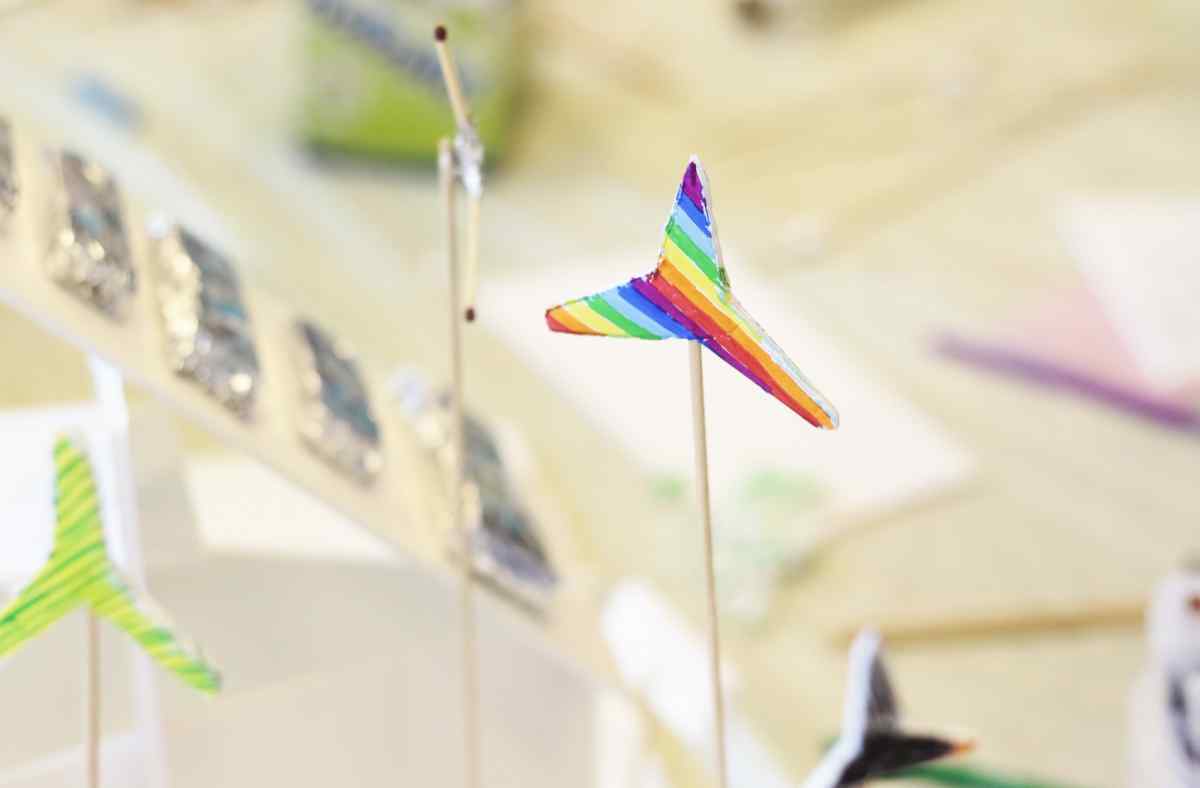
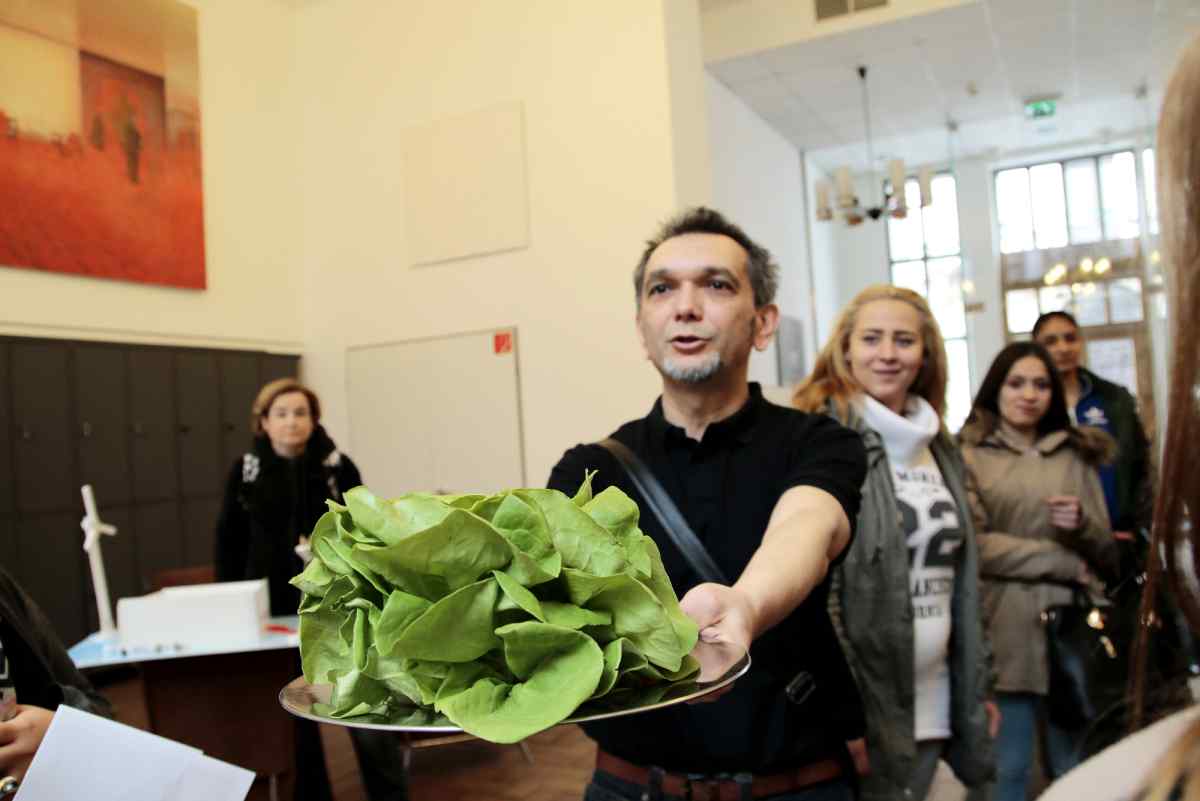
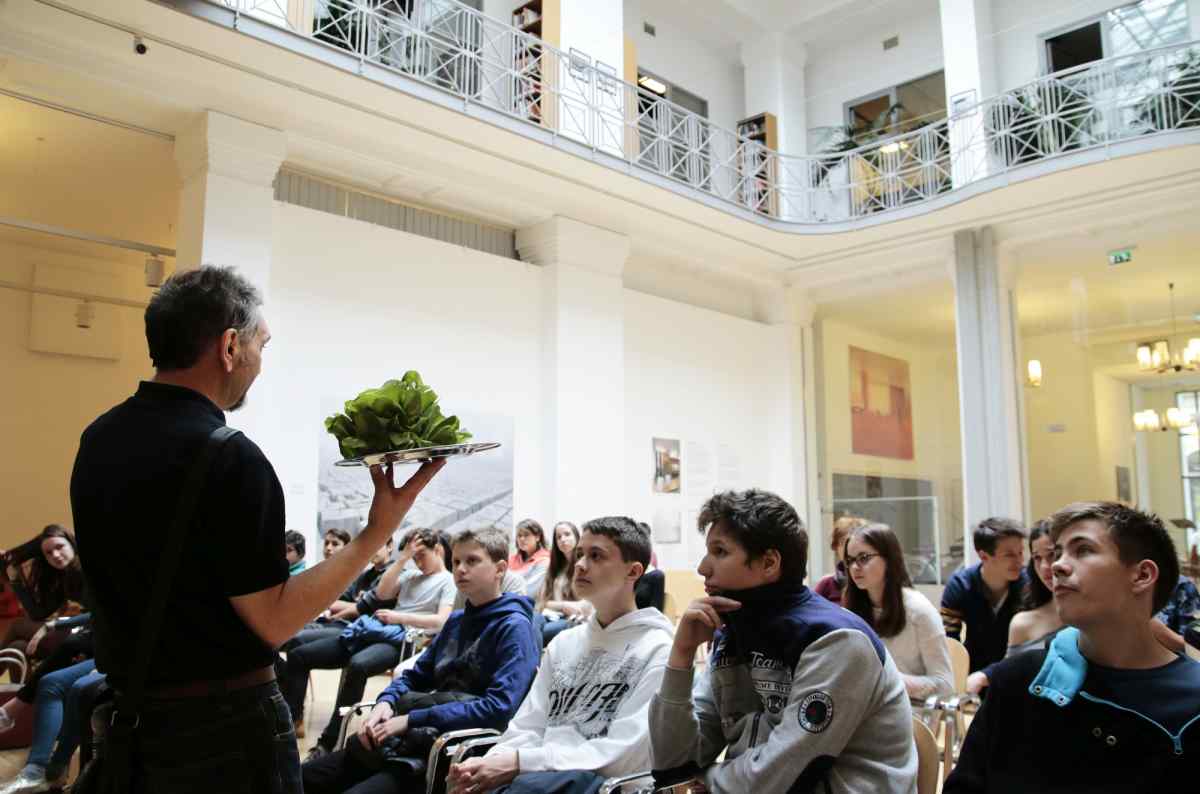
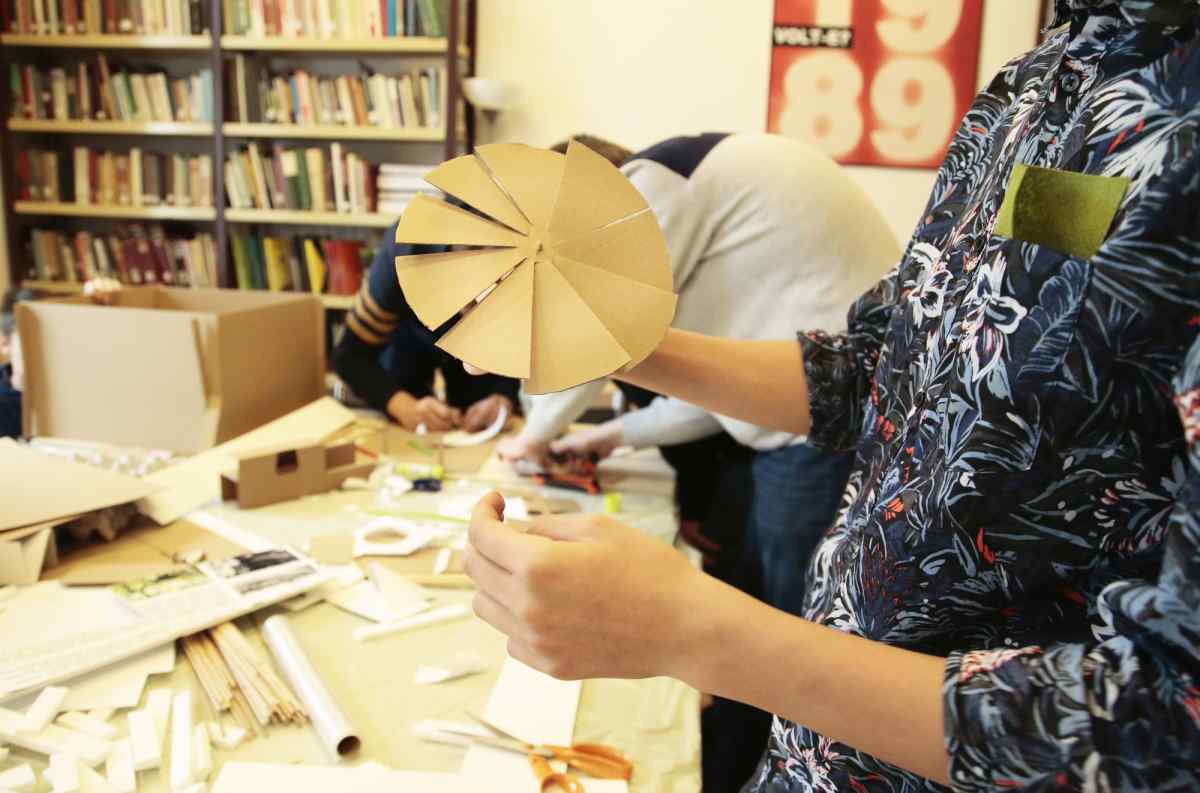
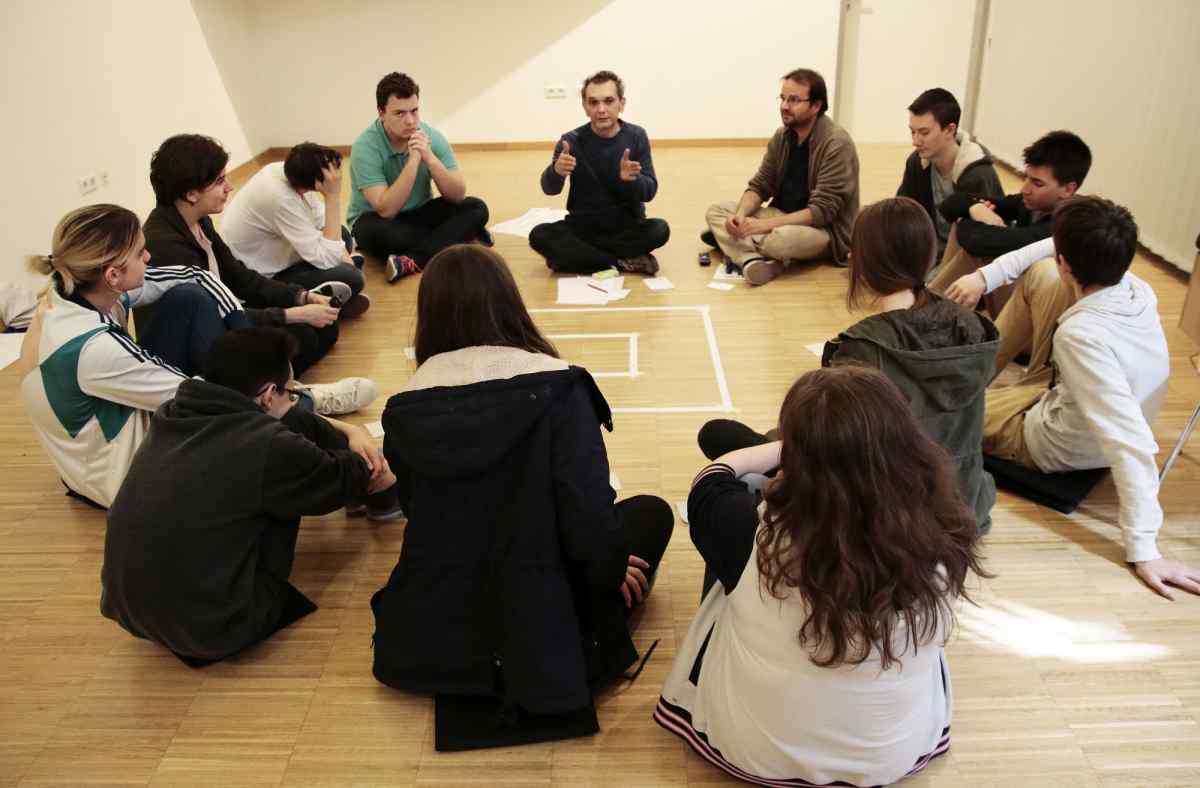
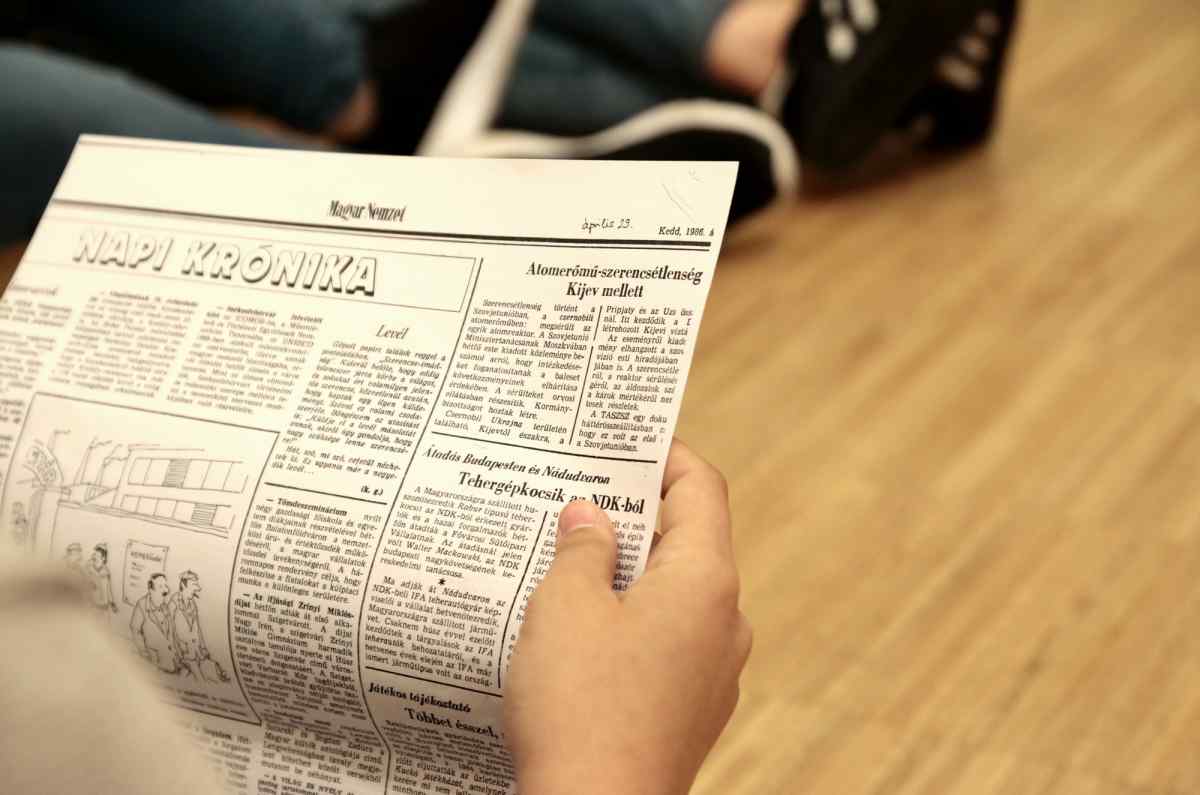
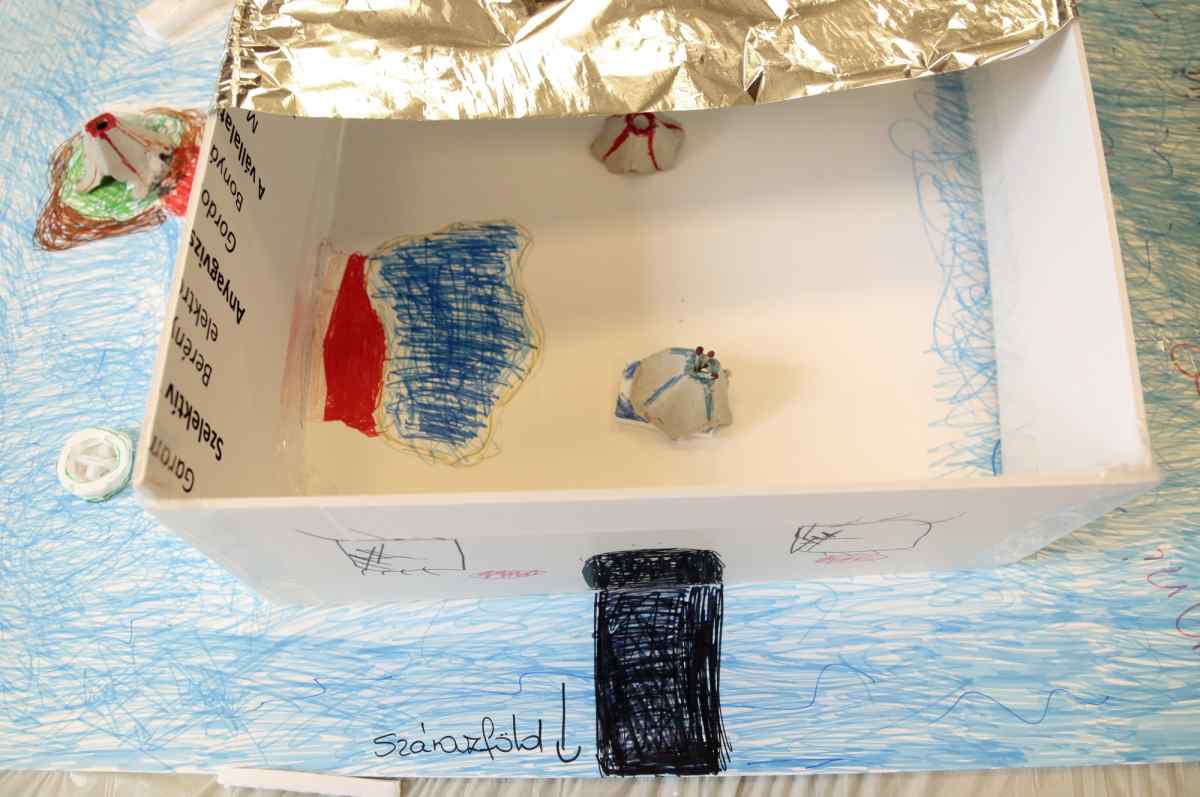
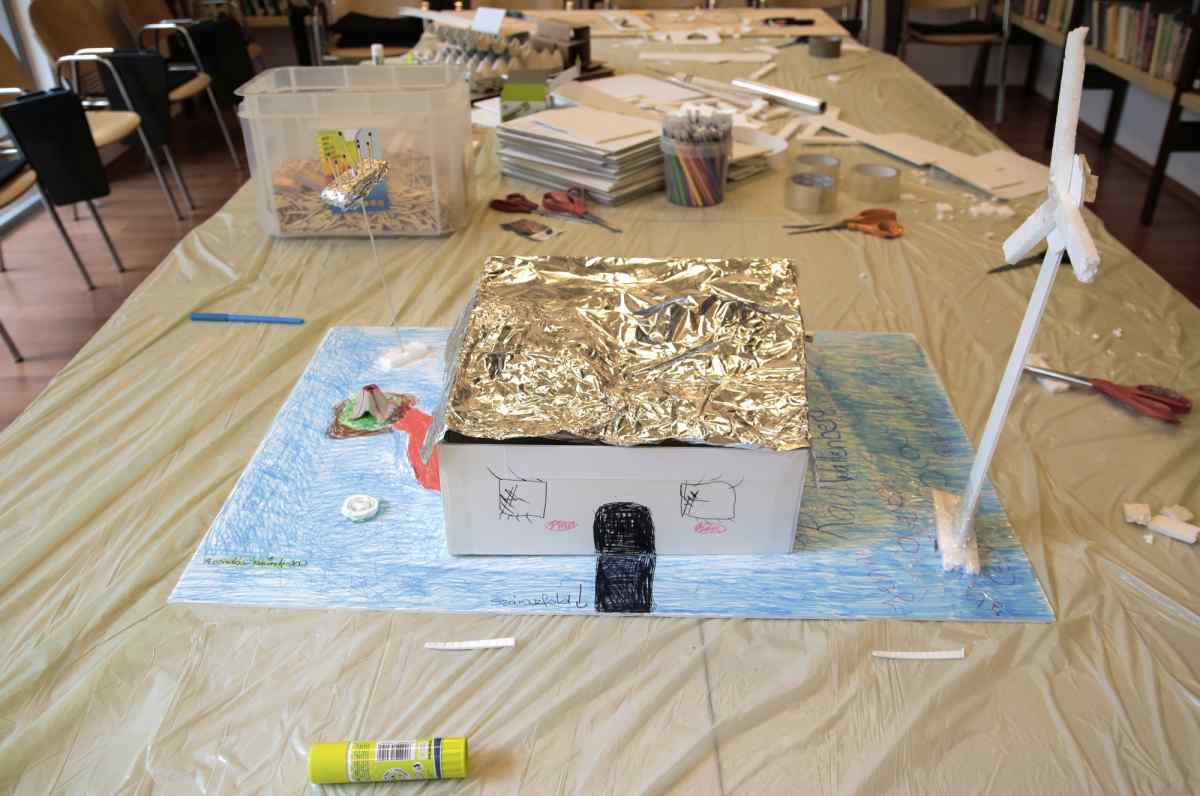
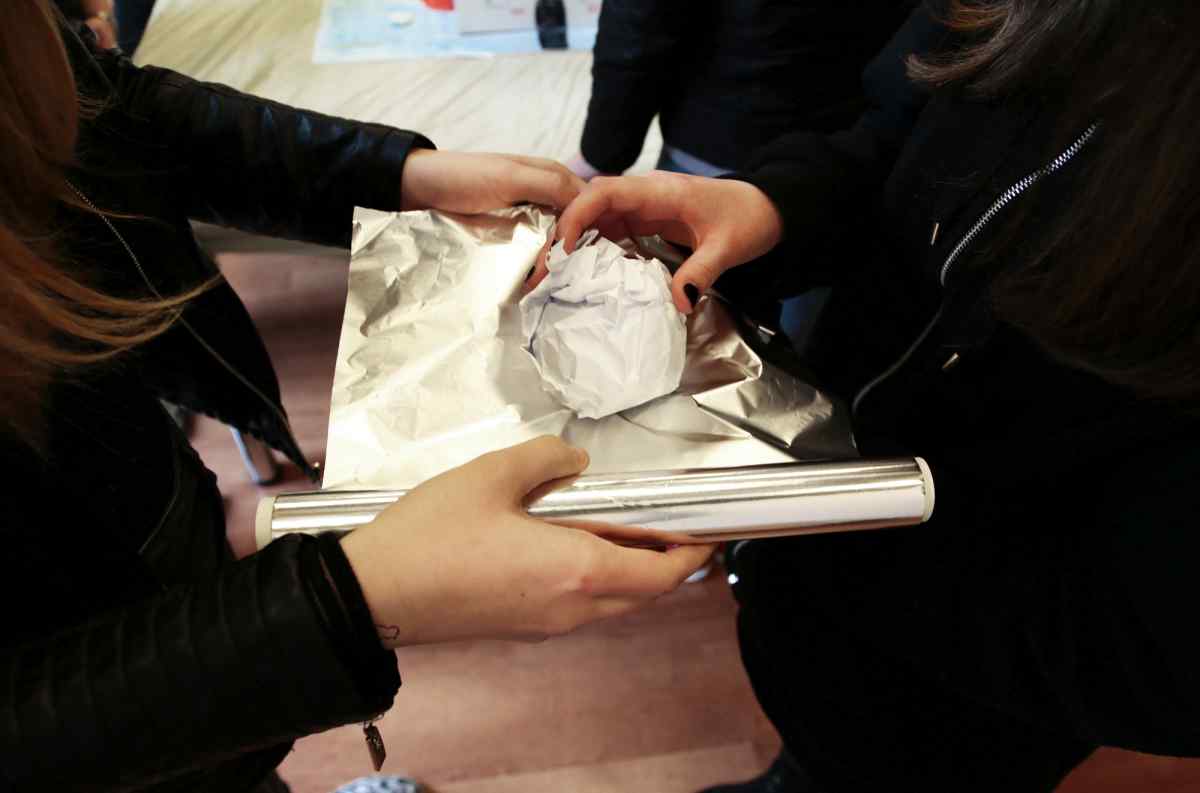
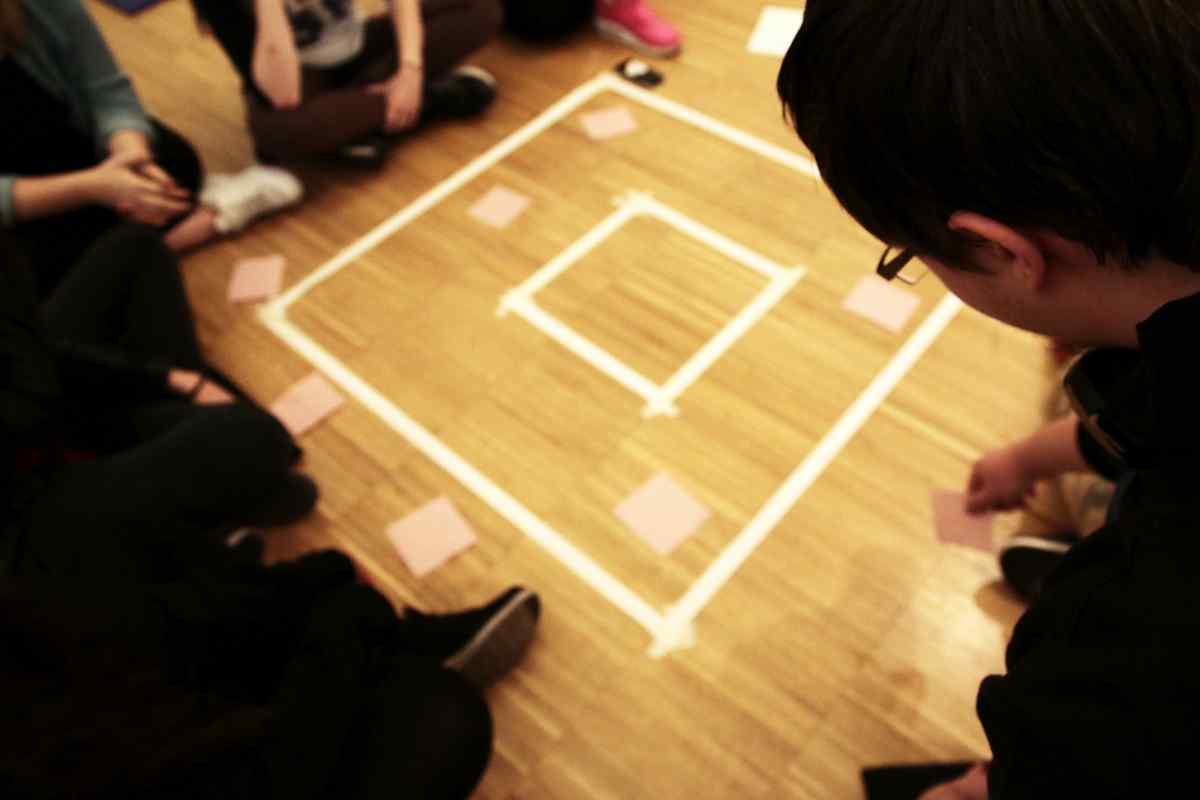
Black Mugwort (Artemisia Genipi) is bitter, and the word “black” makes it even more inauspicious. However, this highly allergenic herbaceous plant, used as a spice and an herb, does not wish to frighten anyone, nor can it be blamed for lending its name to the small, northern Ukrainian town close to the Belarusian border, whose name is still depressing to this day—Chernobyl.
The Lenin Nuclear Power Plant in Chernobyl exploded at 1.24 a.m. on April 26, 1986, due to overheated cooling water. Authorities did their best to delay breaking the news to the world, as failure was a forbidden word in the Soviet Union. The explosion killed 30 people immediately, but the terrible impact of the escaped radioactive materials was even worse. There are various opinions concerning the exact data on how distant areas were affected and how many people’s lives and health were threatened by this uncontrolled force of energy. This workshop aims to teach the lessons learned from this disaster, especially because mankind’s hunger for energy has not decreased at all. We will examine what kind of responsibility each of us has for the near or distant future of human communities, what new, viable and alternative options there are for abandoning dangerous power plants and what the role of the media is in creating healthy public opinion, through creative and cooperative tasks and debates.
It is all about us, and, of course, about the mugwort blossoming at the side of roads.
With László Hemrik (museum educator), Viktória Salgó (museum educator) and Henrietta Szira (artist).
(The workshop takes around 100 minutes and is free of charge. Registration deadline: April 20, 2016.
Starting times: April 25, 9:00 a.m. / 11:00 a.m. / 2:00 p.m.; April 26, 9:00 a.m. / 11:00 a.m. / 2:00 p.m.
Early registration is recommended due to capacity limitations. Registration is on a first come, first served basis. Please give the precise number of participants and the chosen starting time.
Further information and registration: Anikó Kövecsi / +361 327-3250/2566 / kovecsia@ceu.edu)
The program is in Hungarian.